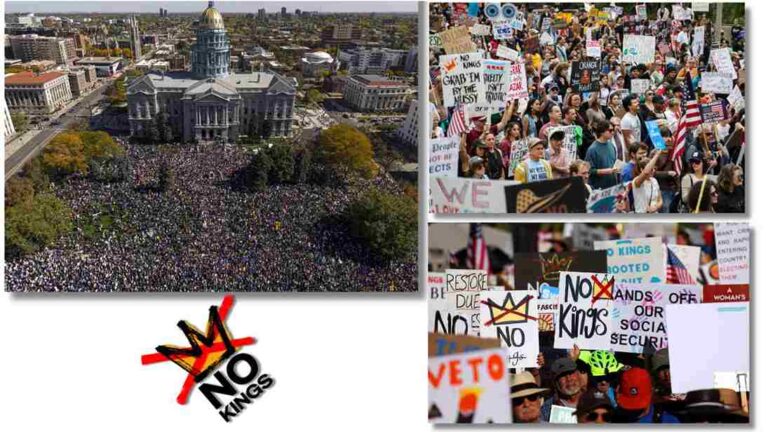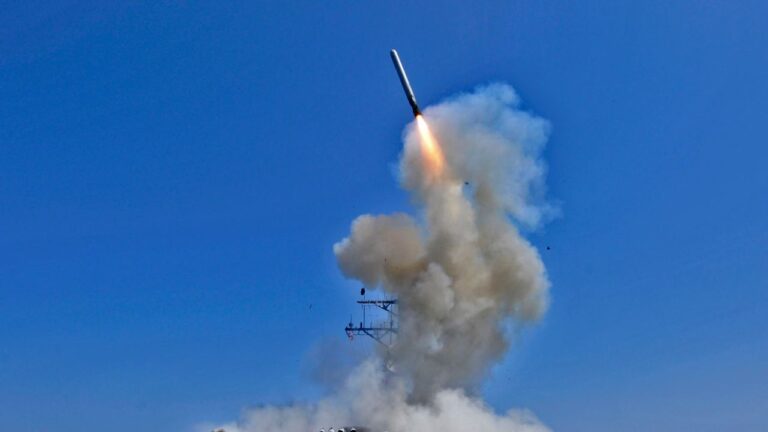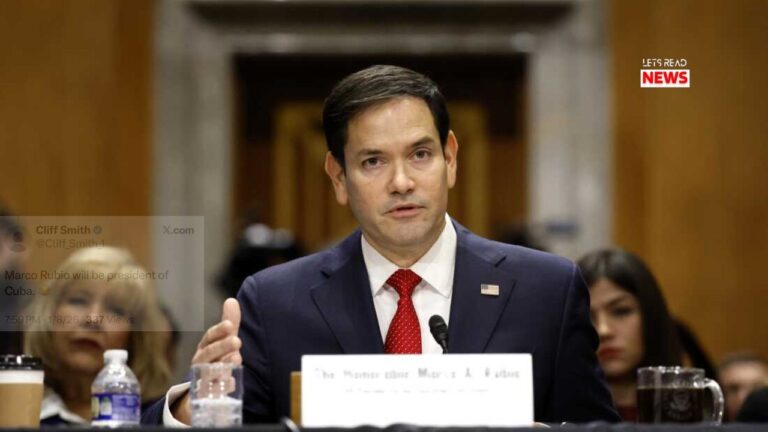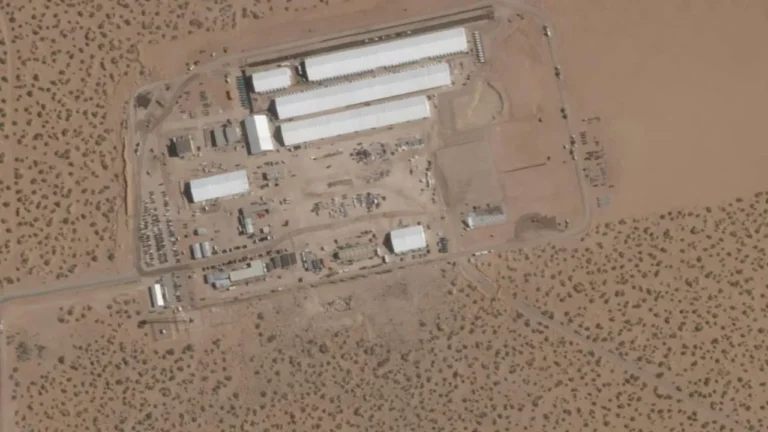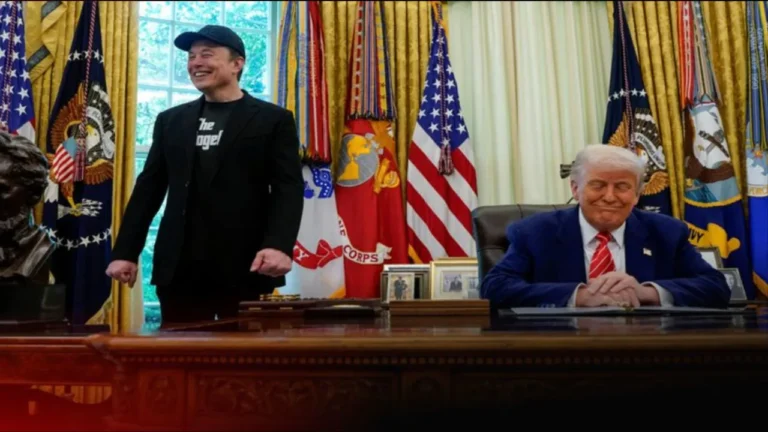Federal Judge Blocks Trump Tariffs on Illinois Toy Importers, Marking Second Legal Blow to Trade Strategy
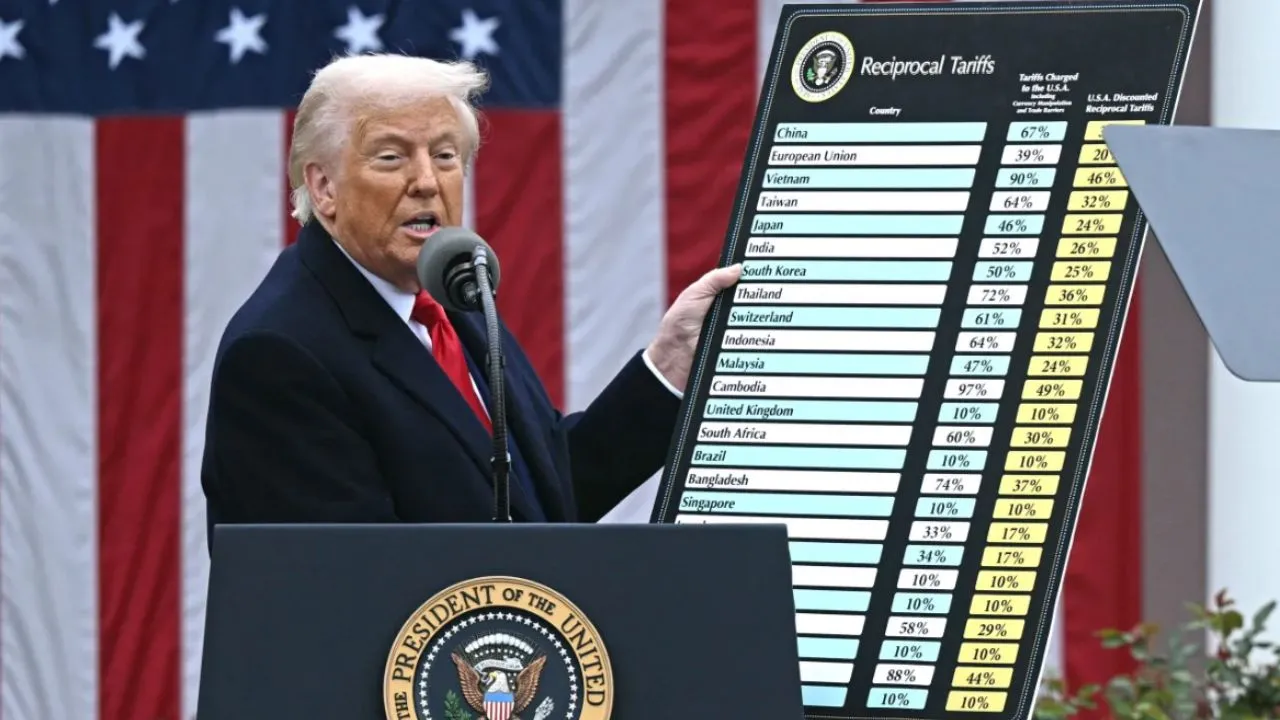
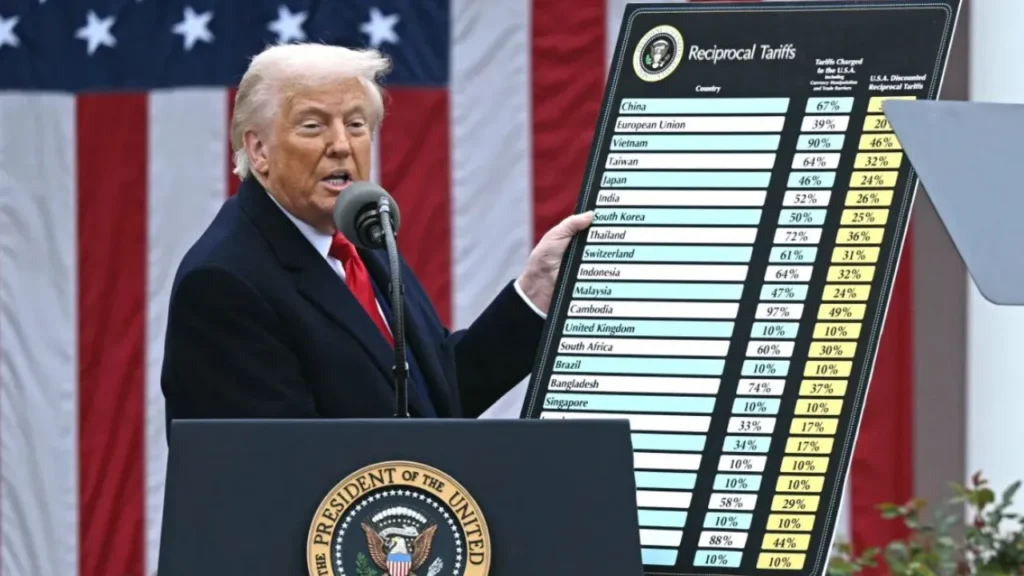
Washington, D.C. – In a significant setback for the Trump administration’s trade agenda, a federal judge has blocked tariffs imposed on two Illinois-based toy importers, marking the second court ruling in as many days to challenge President Donald Trump’s use of executive authority in international trade. The decision, handed down by U.S. District Judge Rudolph Contreras on May 29, 2025, adds fuel to a growing legal battle over the president’s tariff policies, raising questions about the limits of presidential power in shaping global commerce.
The ruling centers on Learning Resources and hand2mind, two Vernon Hills, Illinois-based companies that employ 500 workers across Illinois, California, and New York. The companies, which import popular educational toys like Spike the Fine Motor Hedgehog, Peekaboo Learning Farm, and Kanoodle from countries including China, Taiwan, Korea, Vietnam, Thailand, and India, argued that the tariffs threatened their survival. Having weathered the economic challenges of the COVID-19 pandemic, the companies claimed the additional financial burden of the tariffs could force them out of business. “That crushing burden is felt most immediately and acutely by this country’s small and mid-size businesses, including Plaintiffs,” their lawsuit stated, emphasizing that Congress never authorized the president to unilaterally impose such sweeping tariffs.
A Legal Challenge to Presidential Power
At the heart of the case is the 1977 International Emergency Economic Powers Act (IEEPA), a law historically used to grant the president broad economic powers during national emergencies. The Trump administration invoked the IEEPA to justify tariffs imposed on April 2, 2025, targeting goods from numerous countries as part of a broader strategy to reshape trade deals. However, Judge Contreras ruled that the IEEPA “does not authorize the President to impose the tariffs,” echoing a similar decision by the U.S. Court of International Trade just a day earlier on May 28. A three-judge panel in that court had also struck down Trump’s tariffs, declaring that they exceeded the president’s authority under the IEEPA.
The government’s defense, led by Justice Department lawyer Brett Shumate, argued that the IEEPA granted the president the power to “regulate importation,” including through tariffs. During a hearing on May 27, Shumate urged Contreras to transfer the case to the Court of International Trade, citing the expertise of its judges in handling trade disputes. He warned that blocking the tariffs would “kneecap the president on the world stage, cripple his ability to negotiate trade deals, and imperil the government’s ability to respond to future national emergencies.” Shumate further cautioned that such a ruling could have “catastrophic” consequences for national security and foreign policy.
Despite these arguments, Contreras sided with the toy importers, issuing a two-page order that temporarily halts the tariffs while the case is litigated. He granted the government a two-week window to appeal the decision, a step the administration is expected to take.
A Growing Wave of Opposition
The ruling comes amid mounting legal challenges to Trump’s tariff policies. Just one day prior, the Court of International Trade had overturned the same tariffs, which included a 10% baseline on all imported goods, higher taxes on products from Mexico, Canada, and China, and specific levies on items like autos and aluminum. The New York-based court’s three-judge panel similarly concluded that the IEEPA did not grant Trump “unbounded” authority to impose such measures, a decision that surprised many legal observers.
Beyond the courts, opposition to the tariffs is growing on multiple fronts. On April 16, 2025, California Governor Gavin Newsom announced a lawsuit contesting Trump’s executive authority to enact international tariffs without congressional approval. Newsom likened the president’s actions to taking a “wrecking ball” to America’s global reputation, warning that California—which engaged in nearly $675 billion in two-way trade last year—stood to lose billions in state revenue if international commerce declined. “The state stands to lose billions under Trump’s tariff policies,” Newsom stated, highlighting the potential economic fallout for the nation’s largest state economy.
The Stakes for Small Businesses and Global Trade
For companies like Learning Resources and hand2mind, the stakes couldn’t be higher. Employing 500 workers across three states, the toy importers have built a business on providing educational products to schools and families. Their lawsuit, supported by the New Civil Liberties Alliance (NCLA), argued that the tariffs were not only unlawful but also disproportionately harmful to small and mid-size businesses. The NCLA has also opposed the government’s attempt to transfer the case to the Court of International Trade, asserting that no prior president had ever used the IEEPA to impose tariffs, and that the law was never intended for such a purpose.
The broader implications of these rulings extend far beyond the toy industry. Trump’s tariff strategy, which has included threats of additional levies on other nations (some of which were paused until this summer), has been a cornerstone of his approach to trade negotiations. By leveraging tariffs, the administration has sought to pressure trading partners into renegotiating deals on terms more favorable to the U.S. However, critics argue that this approach risks escalating trade wars, driving up costs for consumers, and destabilizing global markets.
What’s Next?
The Trump administration is expected to appeal Judge Contreras’ ruling, potentially taking the case to the U.S. Court of Appeals for the Federal Circuit or even the Supreme Court. On May 28, the Federal Circuit had temporarily reinstated Trump’s tariffs after the Court of International Trade’s initial ruling, granting the government’s request to put the judgment on hold. This back-and-forth suggests that the legal battle over the tariffs—and the president’s authority to impose them—may be far from over.
For now, the decisions by Judge Contreras and the Court of International Trade represent a significant challenge to Trump’s trade agenda, one that could reshape the balance of power between the executive branch and Congress in matters of international commerce. As the cases move through the courts, businesses, policymakers, and consumers alike will be watching closely to see how this high-stakes legal drama unfolds.
“This is a developing story,” said a spokesperson for USA TODAY, which first reported the ruling. “We’ll continue to provide updates as new details emerge.”

